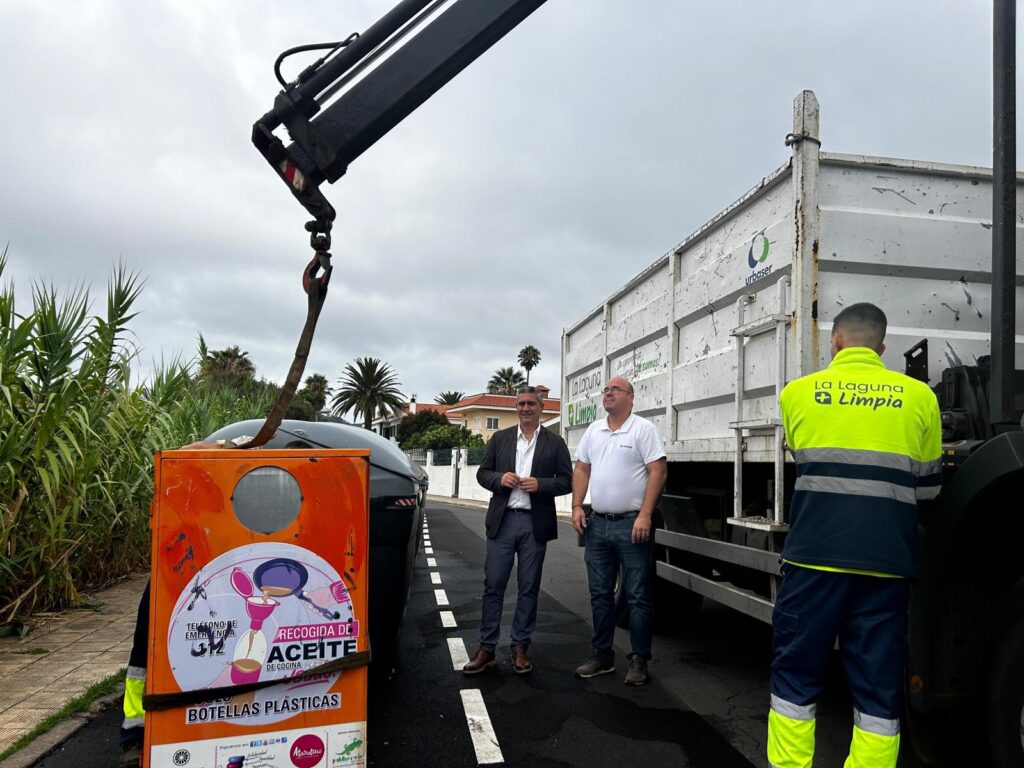Pharmacies and family doctors in Santa Cruz de Tenerife have joined forces to achieve clear health centers. The first direct communication channel between pharmacies and Primary Care has managed to resolve in just four hours the procedures that were previously resolved over the course of several days, as well as reducing the number of out of time and monitor patients more closely, especially those most vulnerable.
They are the results that are extracted from the first year of life of a pilot project of collaboration between health centers and pharmacies implemented for the first time in Canary Islands and that today they will be presented at the XIII National Congress of Pharmaceutical Care, which is celebrated from until Saturday, November 4 in Tenerife. It has been the municipality of Santa Cruz de Tenerife that has decided to champion this new form of conceive health care. A more “proactive” way on the part of health workers, which is not only effective in reducing administrative procedures, but has also shown usefulness in improving health and health care for the population.
This pilot project was launched in November 2022 in three health centers in the capital of Tenerife: Ruíz de Padrón (Toscal), Añaza and Doctor Guigou. At first there were only a few pharmacies that also signed up for this new collaboration, however, a year later they are all the ones that operate like . At first, there were only a few pharmacies that also signed up for this innovative collaboration, however, a year later they are all those that function as a bridge between health services and the population.
The pilot operates in three health centers in the capital of Tenerife: Ruíz de Padrón (Toscal), Añaza and Doctor Guigou.
Since then, at least 70,000 patients on the island have had access to this new service. “At first we implemented this service in order to meet an administrative need,” explains Francisco Miranda, project coordinator and secretary of the College of Pharmacists of Santa Cruz de Tenerife. And there are many patients who, once they arrive at their pharmacy, realize that their prescription or visa has expired. “Until now patients had to go to the health center to renew it, but with this system that we have implemented it is no longer necessary,” highlights Francisco Vargas, medical director of the Doctor Guigou health center.
The process is very simple. Once the pharmacist becomes aware of these problems, he brings them to the attention of Primary Care through a shared platform. The alert reaches a health center administrator who, in turn, informs the doctor through a “virtual appointment.” “This appointment is a mere administrative procedure and does not require engaging in any conversation with the patient,” explains Vargas.
In a few days they realized that what had previously involved days of patient journey, could be resolved in just four hours and without causing inconvenience to the user. “The success and progressive implementation of the tool opened the door for us to try to solve problems beyond the administrative sphere,” says Miranda, who insists that “during this time we have been discovering what problems that we already saw on a daily basis we could solve”.
This is how the work of pharmacists also began to be very useful in terms of health care and even social assistance. Since then, apothecaries have also alerted doctors about the duplication of medications with similar effects in the same prescription, unusual patient behavior – such as stopping picking up medication – or the inability of some users to continue with their therapeutic regimen due, for example. for example, to a disability or temporary incapacity.
When patients have a health incident, they are not only resolved immediately, but are also scheduled in person a few weeks later for follow-up in consultation. In the event that the pharmacist suspects that the patient may have a social care problem, a liaison nurse also acts and goes to the patient’s home to perform relevant tests and confirm whether what they require is the attention of a social worker. . “We know the patients’ surroundings so when we see that they come without showering or absent-mindedly we can give an early warning so that an examination can be carried out,” says Miranda.
Of the more than 1,000 incidents resolved, 30% have been for clinical reasons
Little by little, these latter, more health-related and social functions have been gaining relevance. Of the more than 1,000 incidents that have been resolved since the project began, 60% were administrative (prescriptions or expired visas) and up to 30% were clinical reasons.
The benefit is evident for the health center. “We are saving on visits that do not add value and we solve many problems without overloading the doctors,” highlights Vargas, who assures that the success of the initiative is based on the work of the administrative staff. “Without them it would not have worked so well, they are always attentive to alerts and are very agile,” says Vargas.
The success that the initiative is having in its first year of life has motivated them to transfer it to other health centers. “We are working so that the Ofra Delicias health center will also be included in the pilot shortly,” Vargas says. However, the final objective is for the project to be applied throughout the health area and, eventually, to be extended to the entire Canarian Health Service.

















